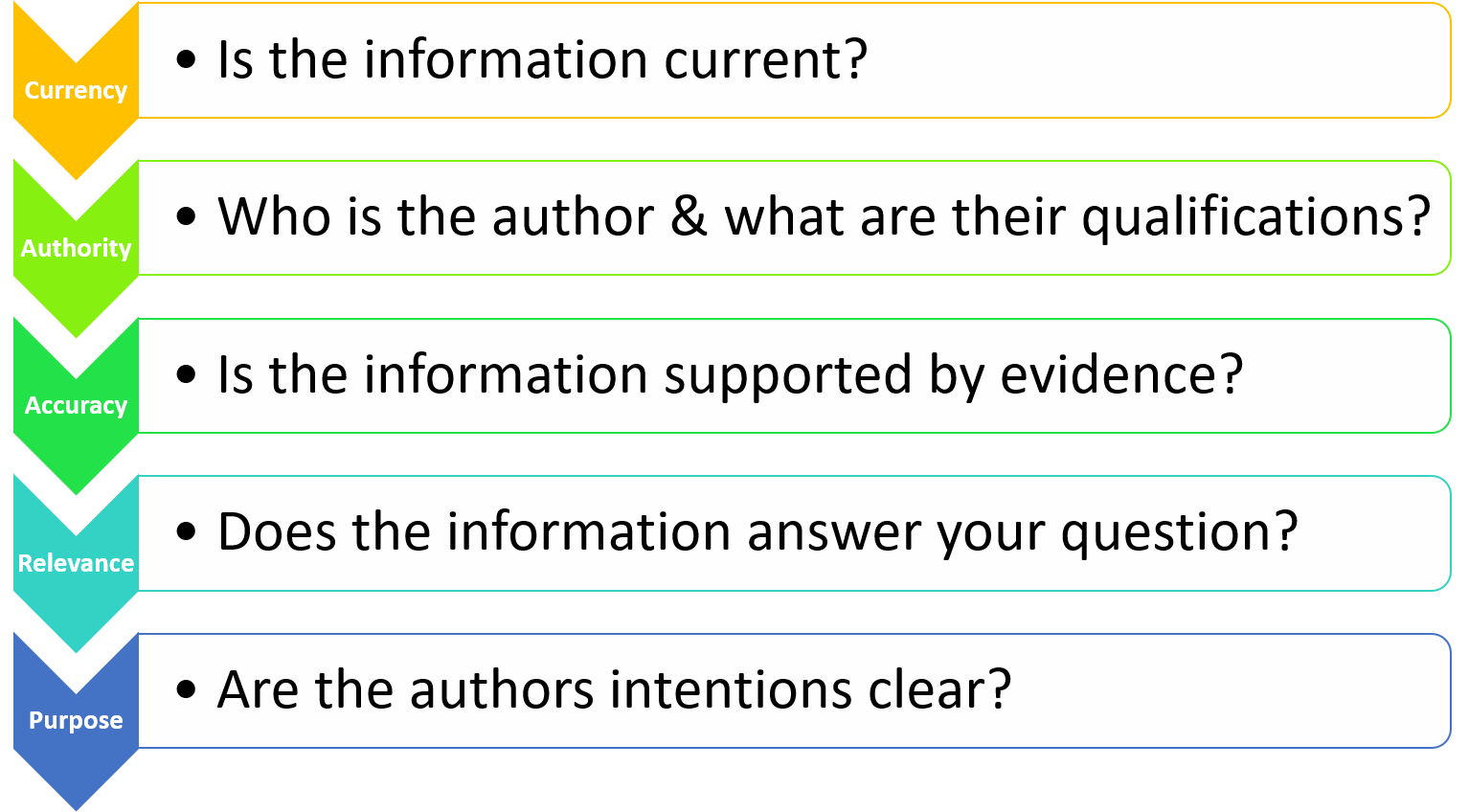Enhancing Clinical Education Through Online Collaborative Learning
/Enhancing Clinical Education Through Online Collaborative Learning
A 2015 survey of Registered Massage Therapists in Ontario indicated that research awareness is one of the top priorities for the massage profession. Since the use of research evidence in clinical decision-making is a core skill for health care practice. It is important that students learn to think critically and evaluate research as part of their entry to practice program. However, there are a number of limitations to incorporating research into an already condensed program.
In an effort to provide students with the tools to bridge the gap between research and clinical practice. I have complied resources to set the groundwork for research literacy and evidence based practice.
Increasing Research Literacy of Massage Therapy Students
Evidence based practice is a process intended to optimize decision-making by emphasizing the use of evidence from well designed research. This includes the use of logical reasoning and the gathering of ideas and knowledge from many overlapping disciplines.
Evidence-based practice systematically integrates research evidence with clinical expertise and patient values to achieve the best possible patient management, while minimizing the potential for harm.
Clinical expertise and patient values are topics that can easily be taught in a clinical setting, what is often left by the wayside is research literacy. As a starting point here is a Guide to Reading Massage Therapy Research that will introduce students to a number of research concepts.
Online Collaborative Learning
Another way that students can enhance their in-class knowledge is by establishing a Personal Learning Networks. Social media sites like Facebook, Twitter and YouTube provide a digital meeting ground where students can access timely information and develop research literacy skills with their peers.
The CAARP Method: Evaluating Resources
I should stress that in this age of ‘new media’ it is important to be able to critically evaluate information. So if you are evaluating information The CAARP Method is a simple acronym will simplify the way you evaluate information.
Research Databases
With the ‘CAARP’ method in mind, if you would like to read articles on a more broad range of topics, you can use a research database. PubMed is the largest medical database, and has many functions that will help you narrow down your search. Here is a short list of common PubMed searches for massage therapists by keyword.
• Musculoskeletal Pain
• Sports Injuries
• Massage Therapy
• Manual Therapy
• Sports Massage
• Instrument Assisted Soft Tissue
One limitation with PubMed is that, some of these article are behind a paywall which may limit access to the entire article. You will still be able to read the abstract, this will give a brief summary of the key points of the article.
Making Use of Open Educational Resources
There are alternatives- In recent years there has been a growth in open educational resources in a number of disciplines. As part of this initiative, I have complied a list of Open Educational Resources for Massage Therapy Students.
Closing Points
As the profession of massage therapy moves in the direction of evidence-based practice it is my hope to set up additional open educational resources that serve to increase the research literacy of massage therapy students.
References
Baskwill, A. (2011). Changing the culture of clinical education in massage therapy. Int J Ther Massage Bodywork. 4(4):33-6.
https://www.ncbi.nlm.nih.gov/pubmed/22211155
Baskwill, A.J., Dore, K. (2016). Exploring the awareness of research among registered massage therapists in Ontario. J Complement Integr Med. Mar;13(1):41-9. doi: 10.1515/jcim-2015-0006.
https://www.ncbi.nlm.nih.gov/pubmed/26641975
Kennedy, A.B., Munk, N. (2017). Experienced Practitioners' Beliefs Utilized to Create a Successful Massage Therapist Conceptual Model: a Qualitative Investigation. Int J Ther Massage Bodywork. Jun 30;10(2):9-19.
https://www.ncbi.nlm.nih.gov/pubmed/28690704
Patelarou, A.E., Kyriakoulis, K.G., ... Patelarou, E. (2017). Approaches to teach evidence-based practice among health professionals: an overview of the existing evidence. Adv Med Educ Pract. Jul 7;8:455-464. doi: 10.2147/AMEP.S134475.
https://www.ncbi.nlm.nih.gov/pubmed/28740443
Sackett, D.L., Rosenberg, W.M., Gray, J.A., Haynes, R.B., Richardson, W.S. (1996). Evidence based medicine: what it is and what it isn't. BMJ. Jan 13;312(7023):71-2.
https://www.ncbi.nlm.nih.gov/pubmed/8555924





